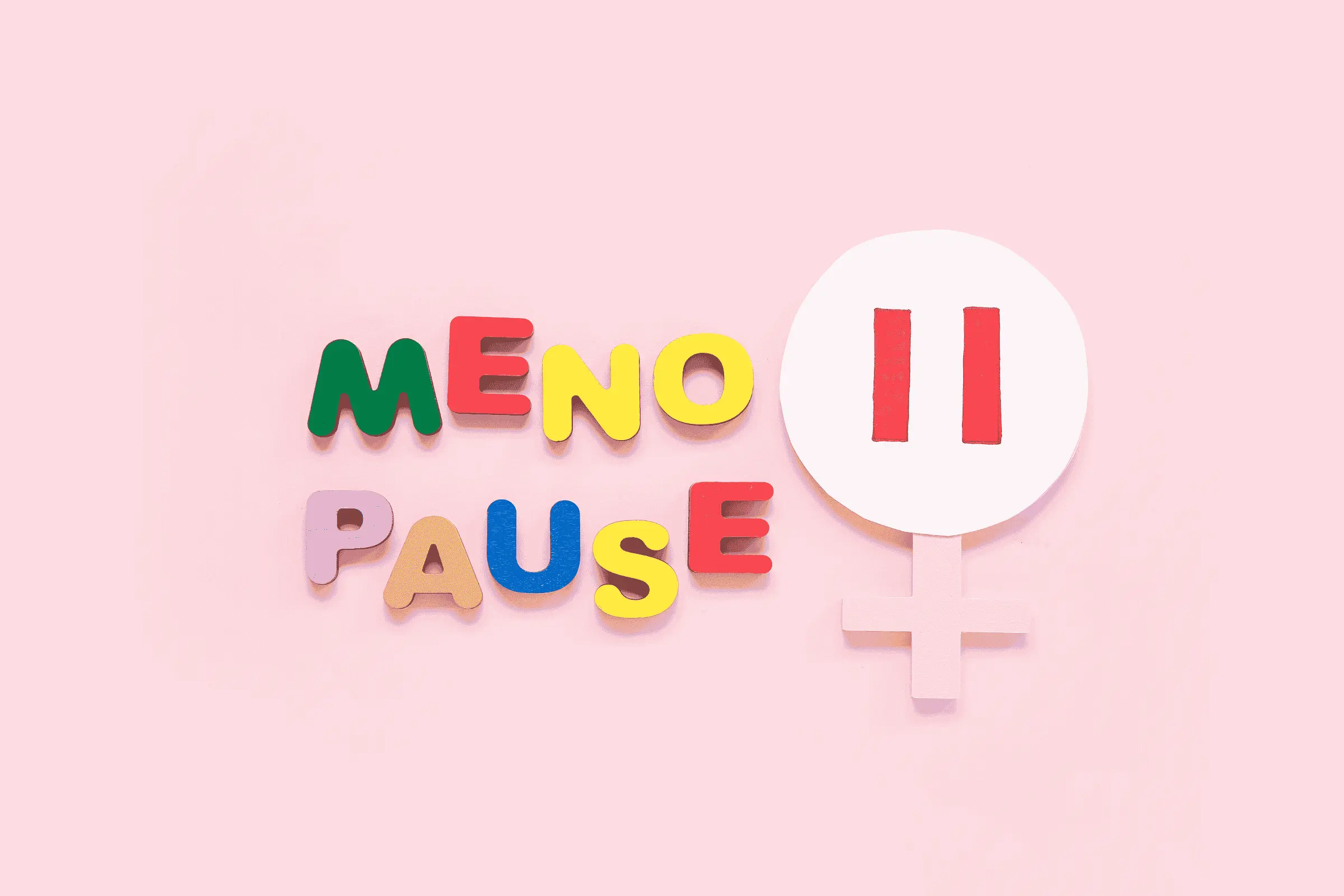Menopause is tough, but for autistic women, it can bring a unique set of challenges—from heightened sensory sensitivities to emotional struggles and increased anxiety. Here, we look at how the National Autistic Society (NAS) is addressing these issues with their newly launched guide. Released for Menopause Awareness Month and ahead of World Menopause Day on 18 October, the guide dives into how menopause can intensify autism traits, even leading to late autism diagnoses, and offers essential advice on managing symptoms, sensory overload, and emotional wellbeing during this pivotal time.
The autism-menopause connection
Menopause often comes with symptoms like hot flushes and mood swings, but for autistic women, these changes can trigger even more intense reactions. According to the NAS guide, heightened sensory sensitivities, increased anxiety, and emotional challenges are frequently reported. The hormonal shifts during menopause can amplify existing autism traits, making it a particularly overwhelming time.
“It’s not just about managing typical menopause symptoms,” explains Dr. Sarah Lister Brook, clinical director at the National Autistic Society. “For autistic women, the experience can feel much more intense. Sensory sensitivities may become heightened, and emotional regulation, which may already be difficult, can worsen.”
Menopause can even lead to a late autism diagnosis for some women. Carol, who wasn’t diagnosed with autism until her late 50s, shares, “I didn’t know what was happening when menopause hit. I was constantly tired, aching, and extra stressed. Then, I realised I had memory and attention problems – I was missing meetings and forgetting conversations. That’s when I started connecting the dots and eventually received my autism diagnosis.”
Dr. Brook adds that many women find menopause brings their autism traits into sharper focus: “We’ve seen cases where menopause was the key to women discovering they are autistic. The hormonal changes make those traits much more noticeable.”
Practical support for autistic women
The NAS guide is designed to offer support tailored to autistic women. “Being autistic doesn’t mean you bypass menopause,” says Dr. Brook. “In fact, symptoms such as anxiety, mood swings, and sensory sensitivities may be intensified. Our goal with this guide is to provide practical strategies and information that make navigating menopause a little easier for autistic individuals.”
The guide includes advice on managing sensory overload, coping with emotional challenges, and exploring treatment options for both menopause and perimenopause. Dr. Brook emphasises the importance of understanding your autism diagnosis before reaching menopause: “If you know you’re autistic, you’ll be better prepared with the coping strategies that work for you.”
A vital resource for autistic women in the UK
With approximately 700,000 autistic individuals in the UK, the National Autistic Society hopes this guide will provide much-needed support for autistic women going through menopause. It’s based on the latest research, as well as the lived experiences of autistic women who have navigated menopause themselves.
For women like Carol, this resource is invaluable. “Menopause was a difficult time for me, but understanding how it linked with my autism made it a lot more manageable,” she says.
To access the full Autism and Menopause Guide, visit the National Autistic Society’s website.
















